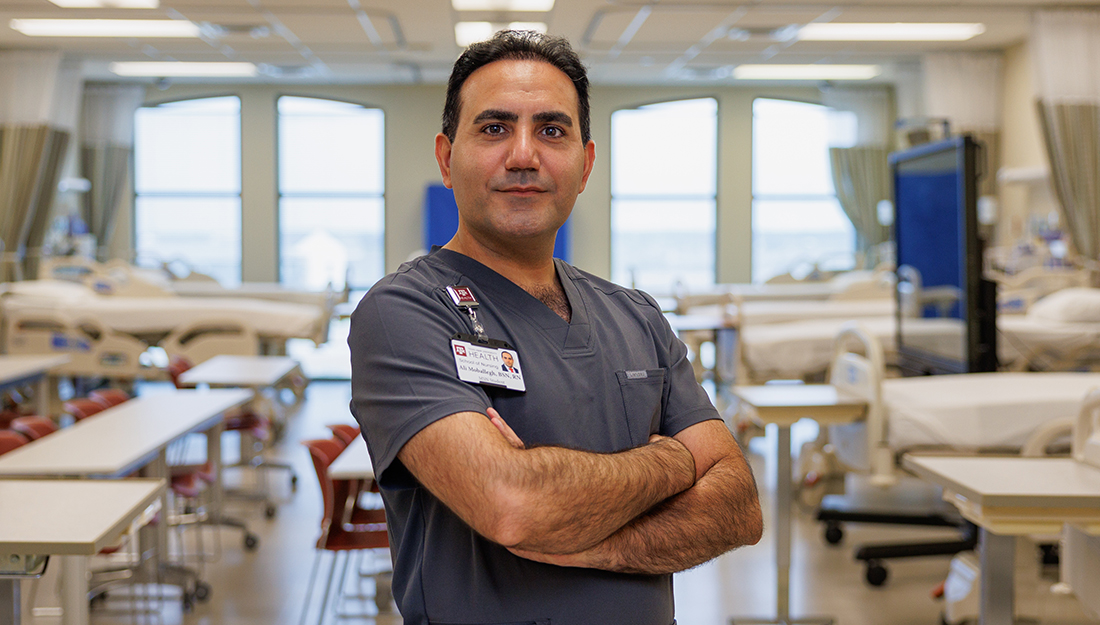It’s in the genes
DNA is the hereditary material in us and nearly all other organisms. It helps determine how you look and behave. It’s what makes each of us unique.
April 25 is “National DNA Day,” which commemorates the discovery of the DNA double helix in February 1953 and completion of the Human Genome Project in 2003. In wake of the project’s findings, a massive shift is occurring in how health care professionals deliver care and how public health is approached, says Colleen Ogle, M.S., RN, assistant professor at the Texas A&M Health Science Center College of Nursing. Some of these changes will be in screening, prevention, diagnosis and treatment of both rare and common diseases.

“The future of medical science and health care are limitless due to implications of gene therapy,” Ogle says. “Physicians, scientists and the pharmaceutical industry are currently developing ways to personalize medical treatments to suit our unique genetic makeup.”
More than 1,700 genetic tests are available, with some of the most common being for breast, ovarian and colon cancer. Healthy People 2020, the nation’s health agenda, suggests people with a history of some types of these cancers receive educational materials and consider genetic counseling.
“With the explosion in the field of genetics, online laboratories are beginning to offer some genetic tests over the Internet,” Ogle says. “However, when considering any online genetic tests, it is suggested that the results be discussed with professional genetic counselors.”
And, if you choose to have a genetic test, be aware there are laws protecting you from being discriminated against by employers or insurance companies, Ogle notes.
While research shows genetic factors play a role in nine of the 10 leading causes of death in the United States, many types of genes change or mutate due to factors that can be avoided such as environmental exposures or lifestyle choices. As a result, health care professionals are educating patients of certain risk factors (diet, smoking, chemicals, etc.) that increase the chances of gene mutations.
Students, teachers and the public can learn more about genetics and genomics online.
Media contact: media@tamu.edu


